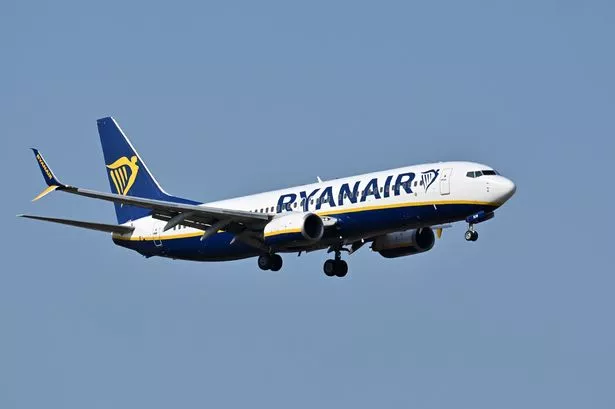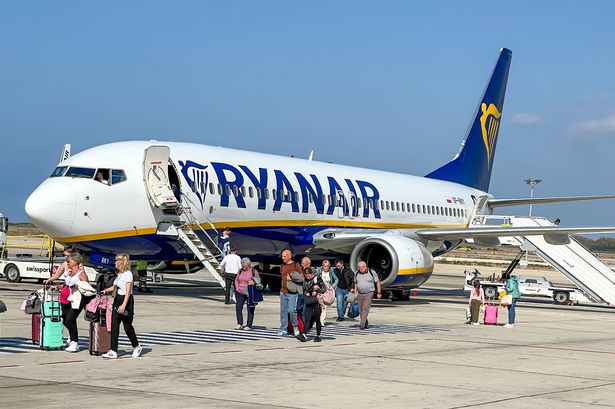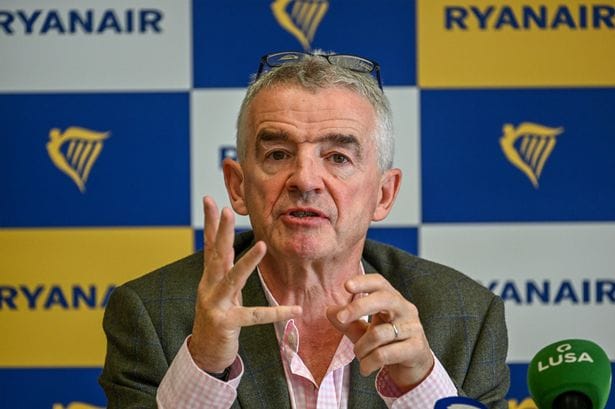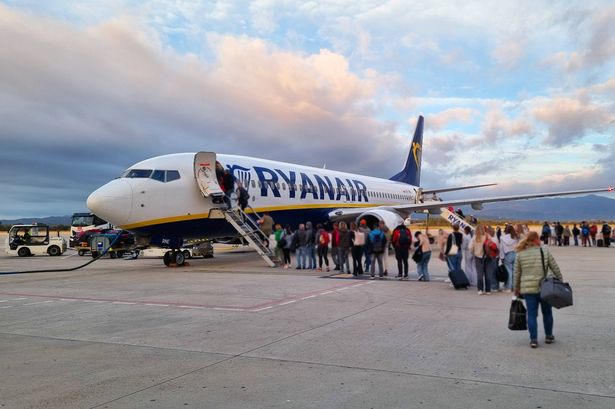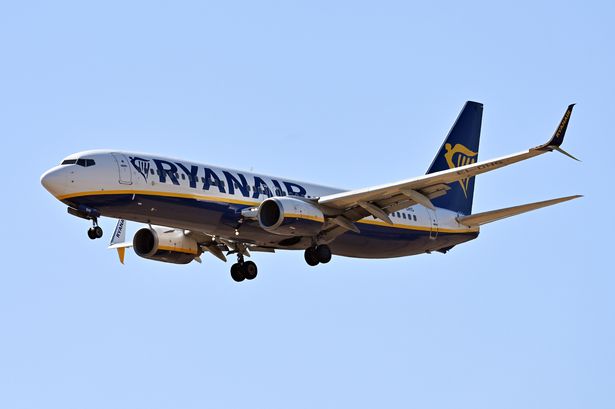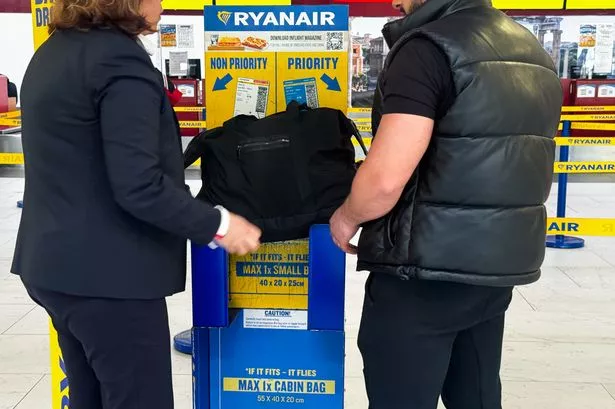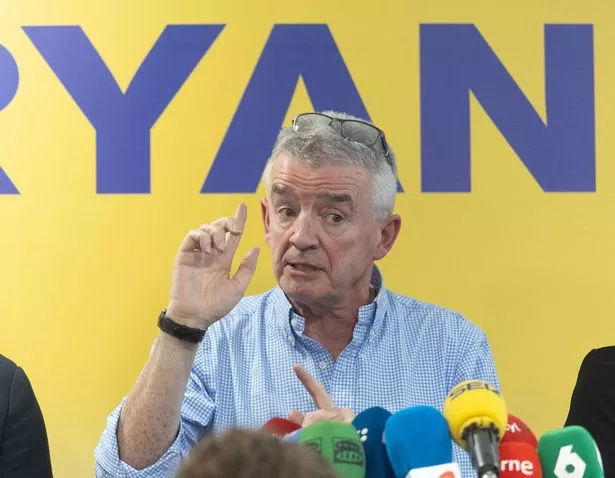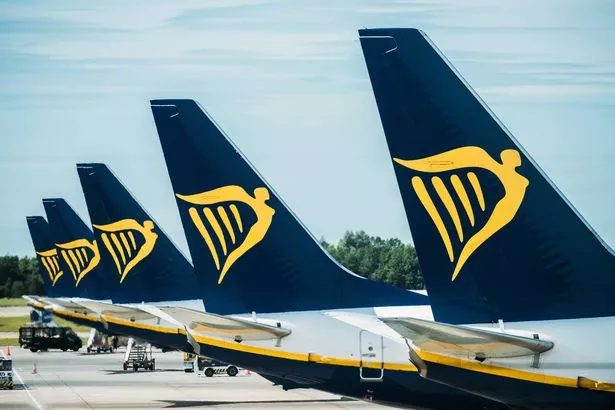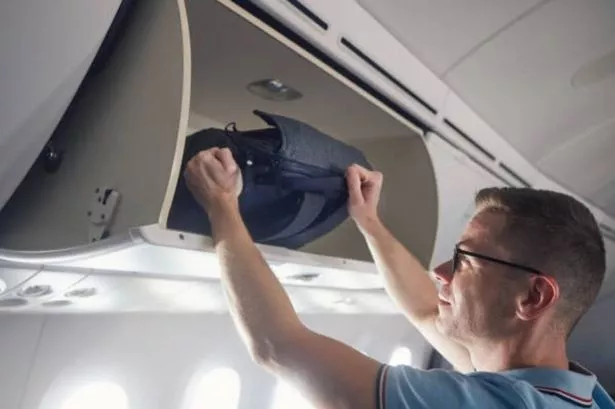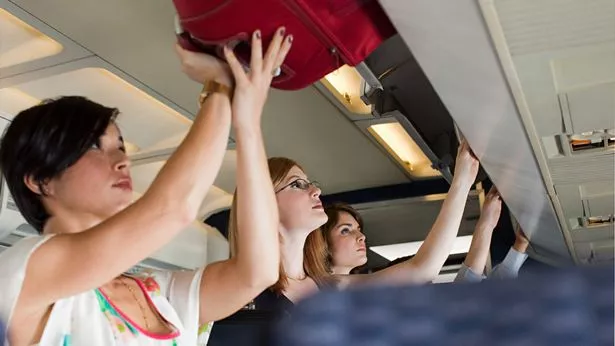The Irish airline has decided to make a major change that will impact their passengers from 12 November onwards. Here’s everything you need to know about the new system
Ryanair passengers have been given a last-minute warning about a major change the airline is making in a matter of days.
Passengers flying with the Irish airline any time from 12 November onwards will need to follow a new rule – and not everyone is happy about it.
The budget airline has announced it is ditching physical boarding passes and going completely digital, which means paper print-outs will be a thing of the past. Travellers will now be required to show their boarding passes through the Ryanair app.
The company hopes to cut around 300 tonnes of paper annually by switching to digital, with Ryanair CMO Dara Brady explaining the airline settled on November 12 because it’s a quieter time for travel.
However, many have expressed concern about the potential challenges for elderly passengers who might not use the internet or possess smartphones.
Ryanair’s boss, Michael O’Leary, has now sought to reassure passengers with anxieties about the compulsory smartphone boarding passes. He said: “Almost 100 per cent of passengers have smartphones, and we want to move everybody onto the smartphone technology.
“The big concern that people have is: ‘What happens if I lose my battery or whatever, I lose my phone?’ reports Wales Online.
“If you lose your phone, no issue. As long as you’ve checked in before you get to the airport, we’ll reissue a paper boarding pass at the airport free of charge. But you have to check in before you get to the airport.
“Also, if your battery dies or something happens, once you’ve checked in, we’ll have your sequence number anyway at the boarding gate, we’ll take you, you’ll get on. So nobody should worry about it.
“Just make sure you check in online before you get to the airport, and then all will be fine.”
Guidance on Ryanair’s website echoes this, adding: “If you have already checked in online and you lose your smartphone or tablet (or it dies), your details are already on our system and you will be assisted at the gate.”
The website also emphasises the importance of completing their online check-in. “All Ryanair passengers will still receive email reminders to check-in online 48 and 24hrs pre-departure.
“If any passenger arrives at the airport but hasn’t checked in online (having ignored these reminders), they will still be required to pay the airport check-in fee.”
Currently, the fee is set at £55/€55 per passenger for most flights. However, passengers flying out of Spain are obliged to pay £30/€30, while those departing from Austria will be hit with a £40/€40 charge.
There are two exceptions to the new digital boarding pass rule; the first is passengers flying to Albania. Authorities there have insisted passengers present paper passes until March 2026, after which they’ve agreed passes can be digital.
Morocco has the same paper pass policy as Albania, however, it won’t be changing its rules to fit Ryanair’s new paperless policy. Michael O’Leary has confirmed the airline will make exceptions in this case and accept physical passes for flights to the African country.
